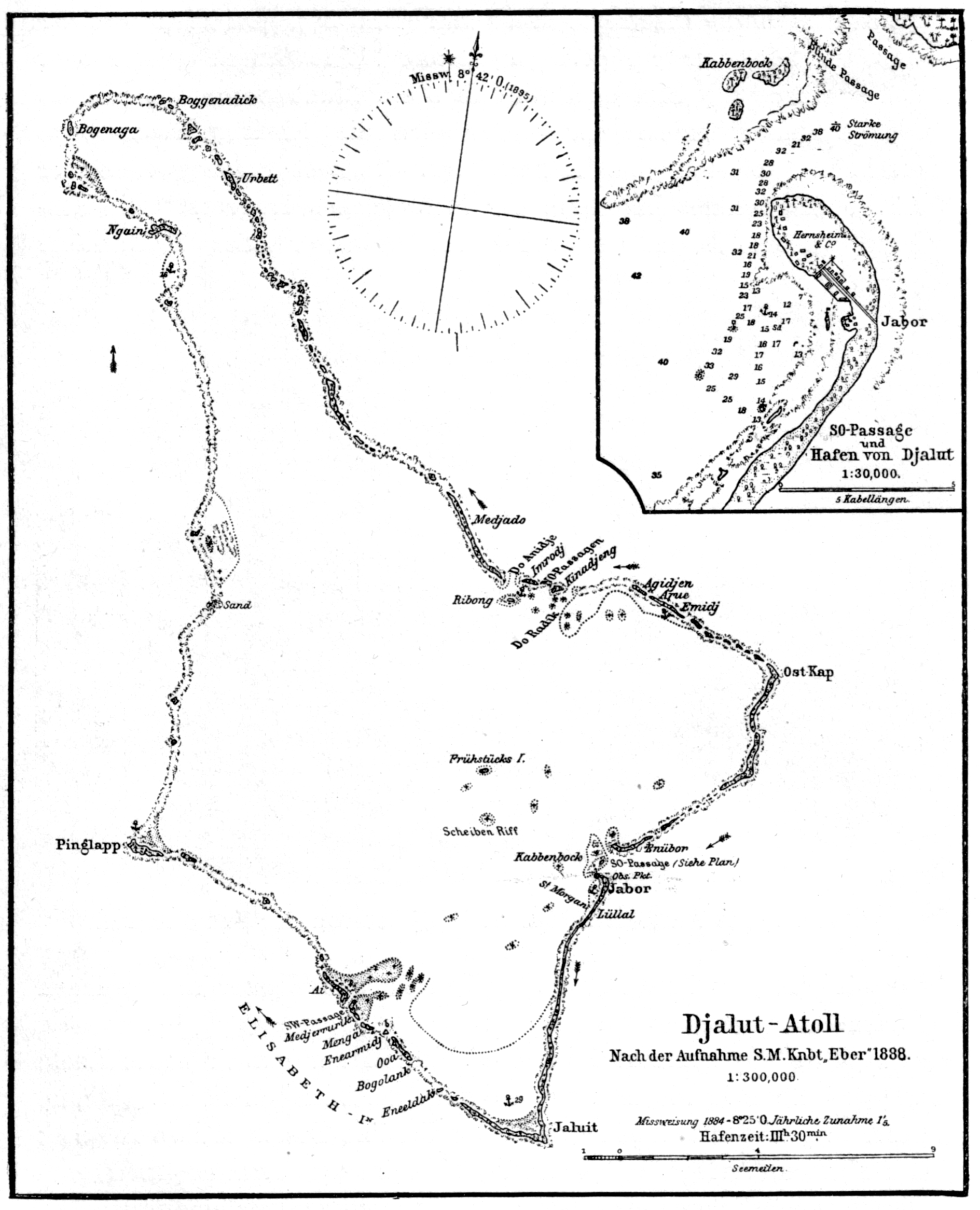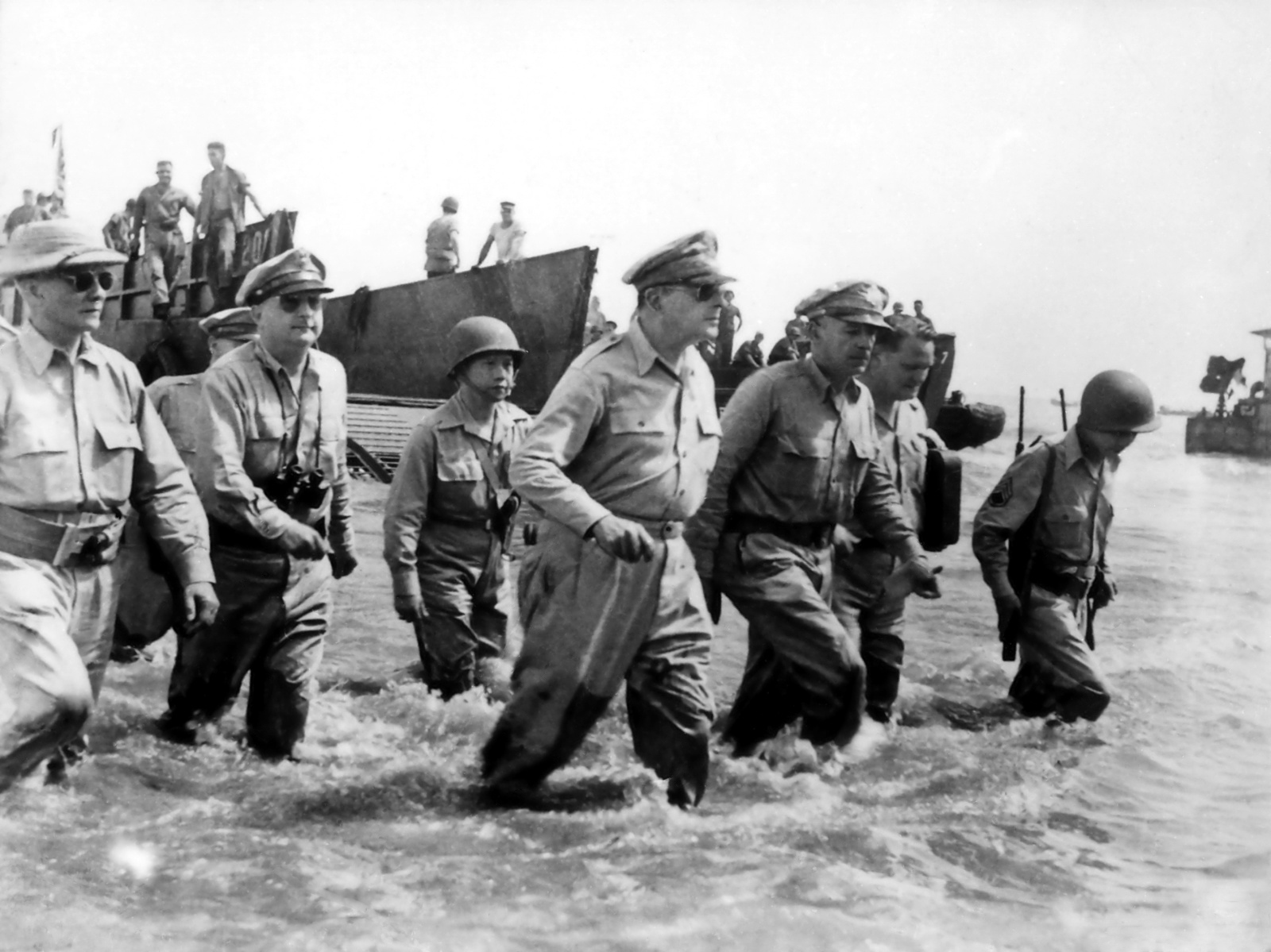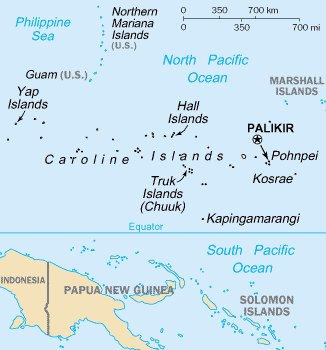|
USS Levy (DE-162)
USS ''Levy'' (DE-162) was a , named in honor of Commodore Uriah P. Levy (1792–1862), a notable figure of the 19th-century Navy. The ship was laid down on 19 October 1942 by the Federal Shipbuilding and Drydock Company, Newark, New Jersey, launched on 28 March 1943; sponsored by Mrs. Charles Mathoff, niece of Commodore Levy; and commissioned on 13 May 1943. Service history After shakedown off Bermuda, ''Levy'', one of the Navy's first destroyer escorts, steamed for the South Pacific, arriving at the Society Islands on 19 August 1943. For the next eight months the ship escorted and screened oilers during various fueling operations in the South and Central Pacific theaters. In support of the Hollandia operation and the strikes against Truk, Statwan, and Ponape from 13 April to 4 May 1944, ''Levy'' escorted a convoy of logistic ships to a point north of Manus Manus may refer to: * Manus (anatomy), the zoological term for the distal portion of the forelimb of an animal (inc ... [...More Info...] [...Related Items...] OR: [Wikipedia] [Google] [Baidu] |
Uriah P
Uriah or Uriyah () is a Hebrew given name. It may refer to: People In the Bible *Uriah the Hittite, a soldier in King David's army in the Books of Samuel *Uriah, a priest under Ahaz in the Books of Kings *Uriah (prophet), a prophet murdered by Jehoiakim in the Book of Jeremiah *Uriah, a priest and the father of Meremoth in the Book of Ezra (8:33) and Book of Nehemiah (3:4, 21) *Uriah, a priest whom God offers to call as a witness in the Book of Isaiah (8:2) Other people * Uriah F. Abshier (1849-1934), American politician and businessman * Uriah Asante (1992–2016), Ghanaian footballer *Uriah Duffy (born 1975), American bassist *Urijah Faber (born 1979), American mixed martial arts fighter * Uriah Hall (born 1984), Jamaican mixed martial arts fighter * Uriah P. Levy (1792–1862), American naval commander *Uriah Rennie (born 1959), English football referee *Uriah M. Rose (1834–1913), American lawyer *Uriah Smith (1832–1903) American photographer *Uriah Smith Stephens (1821� ... [...More Info...] [...Related Items...] OR: [Wikipedia] [Google] [Baidu] |
Society Islands
The Society Islands (french: Îles de la Société, officially ''Archipel de la Société;'' ty, Tōtaiete mā) are an archipelago located in the South Pacific Ocean. Politically, they are part of French Polynesia, an overseas country of the French Republic. Geographically, they form part of Polynesia. The archipelago is believed to have been named by Captain James Cook during his first voyage in 1769, supposedly in honour of the Royal Society, the sponsor of the first British scientific survey of the islands; however, Cook wrote in his journal that he called the islands ''Society'' "as they lay contiguous to one another." History Dating colonization The first Polynesians are understood to have arrived on these islands around 1000AD. Oral history origin The islanders explain their origins in term of a orally transmitted story. The feathered god Ta'aroa lay in his shell. He called out but no-one answered, so he went back into his shell, where he stayed for aeons. When he ... [...More Info...] [...Related Items...] OR: [Wikipedia] [Google] [Baidu] |
Mili Atoll
Mili Atoll (Marshallese language, Marshallese: , ) is a coral atoll of 92 islands in the Pacific Ocean, and forms a legislative district of the Ratak Chain of the Marshall Islands. It is located approximately southeast of Arno Atoll, Arno. Its total land area is making it the second largest of the Marshall Islands after Kwajalein. It encloses a much smaller lagoon than Kwajalein, with an area of . The atoll is separated by a Channel (geography), water channel called the Klee Passage from the Knox Atoll which is considerably smaller. The population of Mili Atoll was 738 as of 2011. The main village is also called Mili. Other villages include Nallu, Enejet, Lukonor, Tokewa, and Wau, Mili. Nallu, Enejet and Lukonwor are only accessible from Mili by land during lowtide. Only Mili and Enejet have runways for small aircraft. Mili Airport and Enejit Airport are served by Air Marshall Islands when its aircraft are operational. History The British merchant vessel ''Rolla (1800 ship), ... [...More Info...] [...Related Items...] OR: [Wikipedia] [Google] [Baidu] |
Jaluit Atoll
Jaluit Atoll ( Marshallese: , , or , ) is a large coral atoll of 91 islands in the Pacific Ocean and forms a legislative district of the Ralik Chain of the Marshall Islands. Its total land area is , and it encloses a lagoon with an area of . Most of the land area is on the largest islet ( motu) of Jaluit (10.4 km²). Jaluit is approximately southwest of Majuro. Jaluit Atoll is a designated conservation area and Ramsar Wetland. In 2011 the population of the islands of Jaluit Atoll was 1,788. It was the former administrative seat of the Marshall Islands. History The British merchant vessel '' Rolla'' sighted Jaluit in 1803. She had transported convicts from Britain to New South Wales and was on her way to China to find a cargo to take back to Britain. In 1884, the German Empire claimed Jaluit Atoll, along with the rest of the Marshall Islands, and the Germans established a trading outpost. Jaluit became a German protectorate on September 13, 1886 and had several imperial c ... [...More Info...] [...Related Items...] OR: [Wikipedia] [Google] [Baidu] |
Marshall Islands
The Marshall Islands ( mh, Ṃajeḷ), officially the Republic of the Marshall Islands ( mh, Aolepān Aorōkin Ṃajeḷ),'' () is an independent island country and microstate near the Equator in the Pacific Ocean, slightly west of the International Date Line. Geographically, the country is part of the larger island group of Micronesia. The country's population of 58,413 people (at the 2018 World Bank Census) is spread out over five islands and 29 coral atolls, comprising 1,156 individual islands and islets. The capital and largest city is Majuro. It has the largest portion of its territory composed of water of any sovereign state, at 97.87%. The islands share maritime boundaries with Wake Island to the north, Kiribati to the southeast, Nauru to the south, and Federated States of Micronesia to the west. About 52.3% of Marshall Islanders (27,797 at the 2011 Census) live on Majuro. In 2016, 73.3% of the population were defined as being "urban". The UN also indicates a population d ... [...More Info...] [...Related Items...] OR: [Wikipedia] [Google] [Baidu] |
Eniwetok
Enewetak Atoll (; also spelled Eniwetok Atoll or sometimes Eniewetok; mh, Ānewetak, , or , ; known to the Japanese as Brown Atoll or Brown Island; ja, ブラウン環礁) is a large coral atoll of 40 islands in the Pacific Ocean and with its 664 people (as of 2011) forms a legislative district of the Ralik Chain of the Marshall Islands. With a land area total less than , it is no higher than and surrounds a deep central lagoon, in circumference. It is the second-westernmost atoll of the Ralik Chain and is west from Bikini Atoll. It was held by the Japanese from 1914 until its capture by the United States in February 1944, during World War II, then became Naval Base Eniwetok. Nuclear testing by the US totaling the equivalent of over 30 megatons of TNT took place during the Cold War; in 1977–1980, a concrete dome (the Runit Dome) was built on Runit Island to deposit radioactive soil and debris. The Runit Dome is deteriorating and could be breached by a typhoon, though ... [...More Info...] [...Related Items...] OR: [Wikipedia] [Google] [Baidu] |
Leyte
Leyte ( ) is an island in the Visayas group of islands in the Philippines. It is eighth-largest and sixth-most populous island in the Philippines, with a total population of 2,626,970 as of 2020 census. Since the accessibility of land has been depleted, Leyte has provided countless number of migrants to Mindanao. Most inhabitants are farmers. Fishing is a supplementary activity. Rice and corn (maize) are the main food crops; cash crops include coconuts, abaca, tobacco, bananas, and sugarcane. There are some manganese deposits, and sandstone and limestone are quarried in the northwest. Politically, the island is divided into two provinces: (Northern) Leyte and Southern Leyte. Territorially, Southern Leyte includes the island of Panaon to its south. To the north of Leyte is the island province of Biliran, a former sub-province of Leyte. The major cities of Leyte are Tacloban, on the eastern shore at the northwest corner of Leyte Gulf, and Ormoc, on the west coast. Leyte to ... [...More Info...] [...Related Items...] OR: [Wikipedia] [Google] [Baidu] |
Caroline Islands
The Caroline Islands (or the Carolines) are a widely scattered archipelago of tiny islands in the western Pacific Ocean, to the north of New Guinea. Politically, they are divided between the Federated States of Micronesia (FSM) in the central and eastern parts of the group, and Palau at the extreme western end. Historically, this area was also called ''Nuevas Filipinas'' or New Philippines, because they were part of the Spanish East Indies and were governed from Manila in the Philippines. The Carolines are scattered across a distance of approximately 3,540 kilometers (2,200 miles), from the westernmost island, Tobi (island), Tobi, in Palau, to the easternmost island, Kosrae, a Administrative divisions of the Federated States of Micronesia, state of the FSM. Description The group consists of about 500 small coral islands, east of the Philippines, in the Pacific Ocean. The distance from Yap (one of the larger Caroline islands) to Manila is . Most of the islands are made up of ... [...More Info...] [...Related Items...] OR: [Wikipedia] [Google] [Baidu] |
United States Third Fleet
The United States Third Fleet is one of the numbered fleets in the United States Navy. Third Fleet's area of responsibility includes approximately fifty million square miles of the eastern and northern Pacific Ocean areas including the Bering Sea, Alaska, the Aleutian Islands, and a sector of the Arctic. Major oil and trade sea lines of communication within this area are critically important to the economic health of the United States and friendly nations throughout the Pacific Rim region. First established in 1943, the Third Fleet conducted extensive operations against Japanese forces in the Central Pacific during World War II. Deactivated in 1945, the fleet remained inactive until 1973, when it was reactivated and assumed its current responsibilities. Mission The Third Fleet plans and executes naval operations in the Pacific Ocean. The fleet provides maritime homeland defense, regional security, and humanitarian operations support through integrated naval and coastguard for ... [...More Info...] [...Related Items...] OR: [Wikipedia] [Google] [Baidu] |
Battle Of The Philippine Sea
The Battle of the Philippine Sea (June 19–20, 1944) was a major naval battle of World War II that eliminated the Imperial Japanese Navy's ability to conduct large-scale carrier actions. It took place during the United States' amphibious invasion of the Mariana Islands during the Pacific War. The battle was the last of five major "carrier-versus-carrier" engagements between American and Japanese naval forces, and pitted elements of the United States Navy's Fifth Fleet against ships and aircraft of the Imperial Japanese Navy's Mobile Fleet and nearby island garrisons. This was the largest carrier-to-carrier battle in history, involving 24 aircraft carriers, deploying roughly 1,350 carrier-based aircraft. The aerial part of the battle was nicknamed the Great Marianas Turkey Shoot by American aviators for the severely disproportional loss ratio inflicted upon Japanese aircraft by American pilots and anti-aircraft gunners. During a debriefing after the first two air battles, a pi ... [...More Info...] [...Related Items...] OR: [Wikipedia] [Google] [Baidu] |
Marc Mitscher
Marc Andrew "Pete" Mitscher (January 26, 1887 – February 3, 1947) was a pioneer in naval aviation who became an admiral in the United States Navy, and served as commander of the Fast Carrier Task Force in the Pacific during the latter half of World War II. Early life and career Mitscher was born in Hillsboro, Wisconsin on January 26, 1887, the son of Oscar and Myrta (Shear) Mitscher. Mitscher's grandfather, Andreas Mitscher (1821–1905), was a German immigrant from Traben-Trarbach. His other grandfather, Thomas J. Shear, was a member of the Wisconsin State Assembly. During the western land boom of 1889, when Marc was two years old, his family resettled in Oklahoma City, Oklahoma, where his father, a federal Indian agent, later became that city's second mayor. His uncle, Byron D. Shear, would also become mayor. Mitscher attended elementary and secondary schools in Washington, D.C. He received an appointment to the United States Naval Academy at Annapolis, Maryland in 1904 ... [...More Info...] [...Related Items...] OR: [Wikipedia] [Google] [Baidu] |
Manus Island
Manus Island is part of Manus Province in northern Papua New Guinea and is the largest of the Admiralty Islands. It is the fifth-largest island in Papua New Guinea, with an area of , measuring around . Manus Island is covered in rugged jungles which can be broadly described as lowland tropical rain forest. The highest point on Manus Island is Mt. Dremsel, above sea level at the centre of the south coast. Manus Island is volcanic in origin and probably broke through the ocean's surface in the late Miocene, 8 to 10 million years ago. The substrate of the island is either directly volcanic or from uplifted coral limestone. Lorengau, the capital of Manus Province, is located on the island. Momote Airport, the terminal for Manus Province, is located on nearby Los Negros Island. A bridge connects Los Negros Island to Manus Island and the provincial capital of Lorengau. In the 2000 census, the whole Manus Province had a population of 50,321. The Austronesian Manus languages are sp ... [...More Info...] [...Related Items...] OR: [Wikipedia] [Google] [Baidu] |





_Philippine_Sea.jpg)